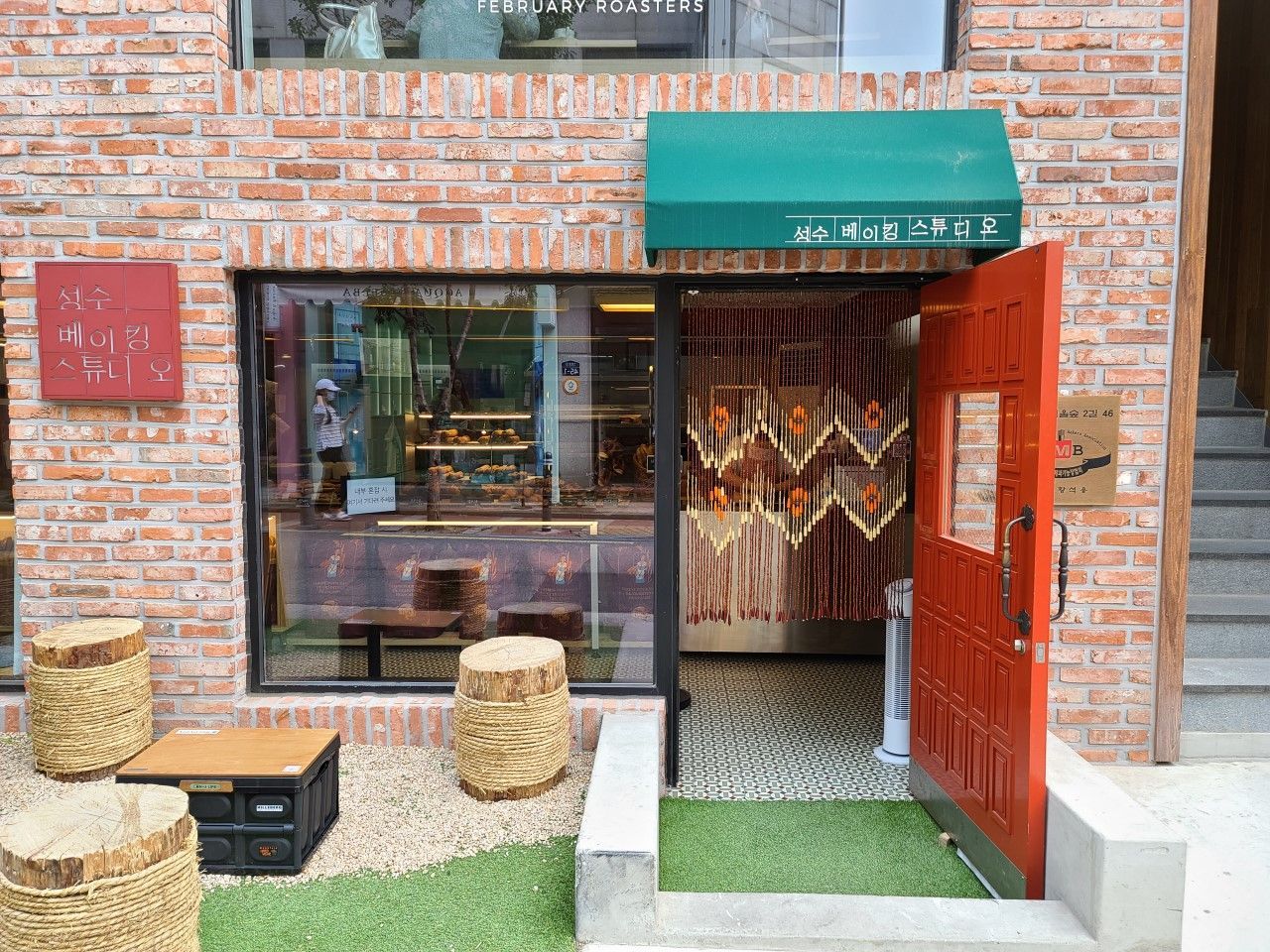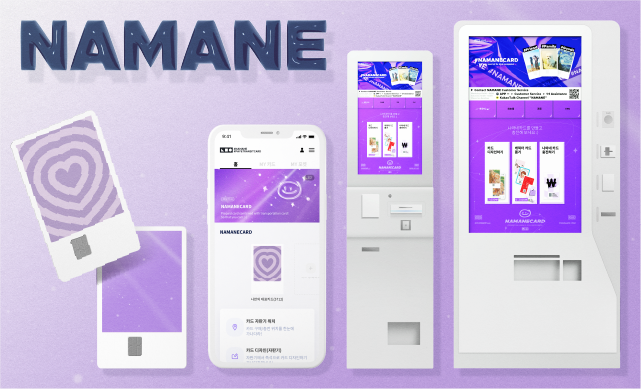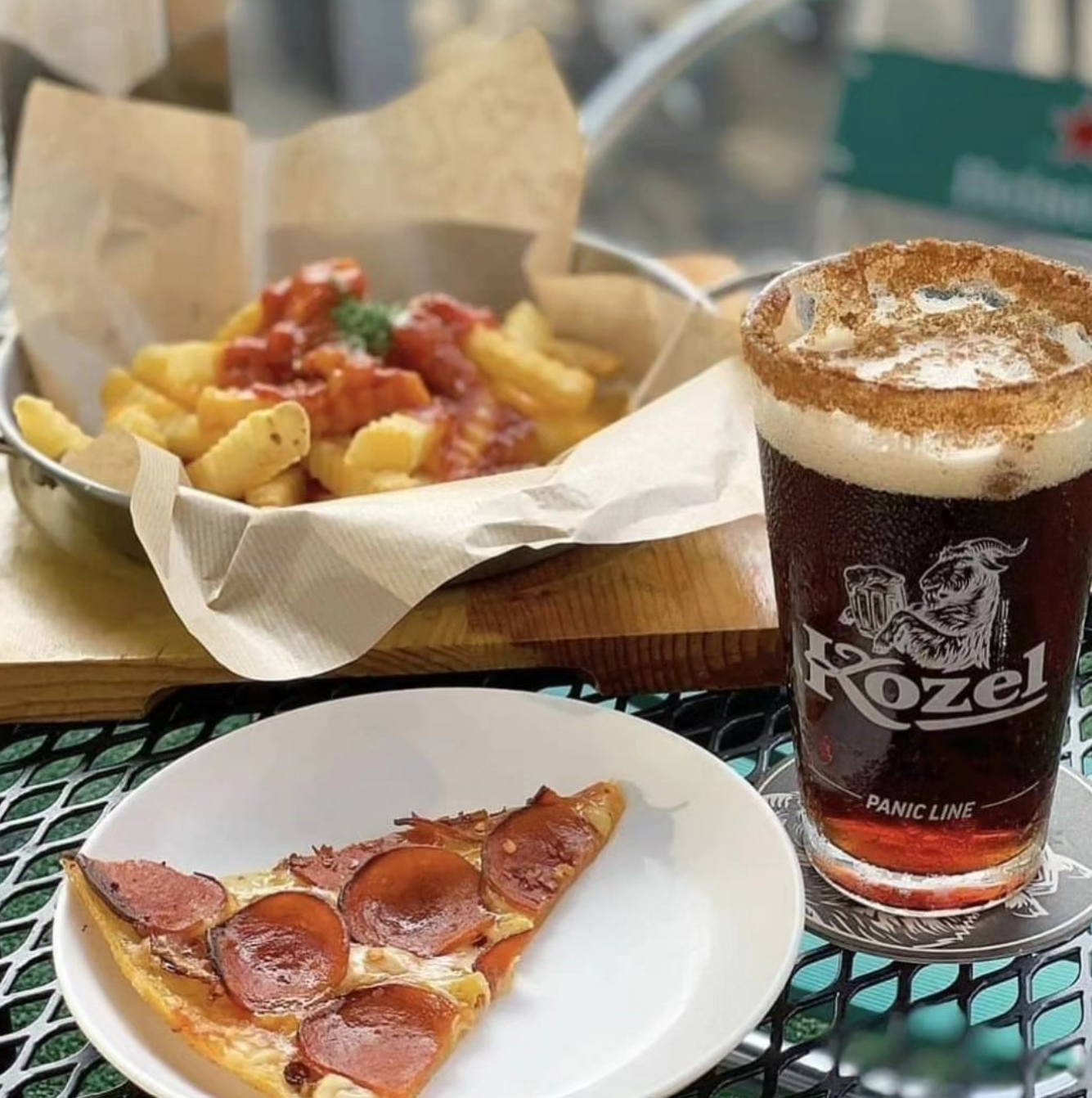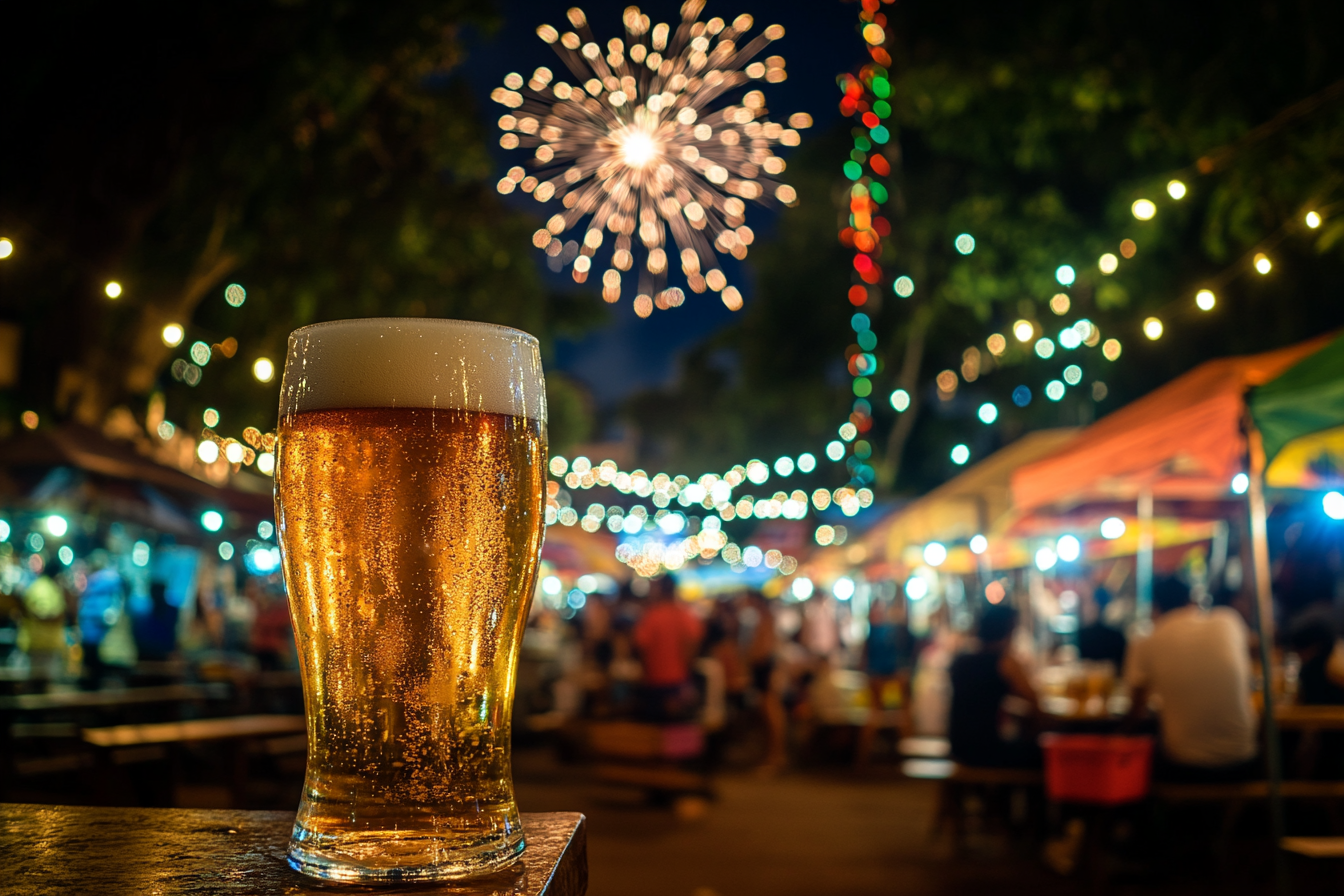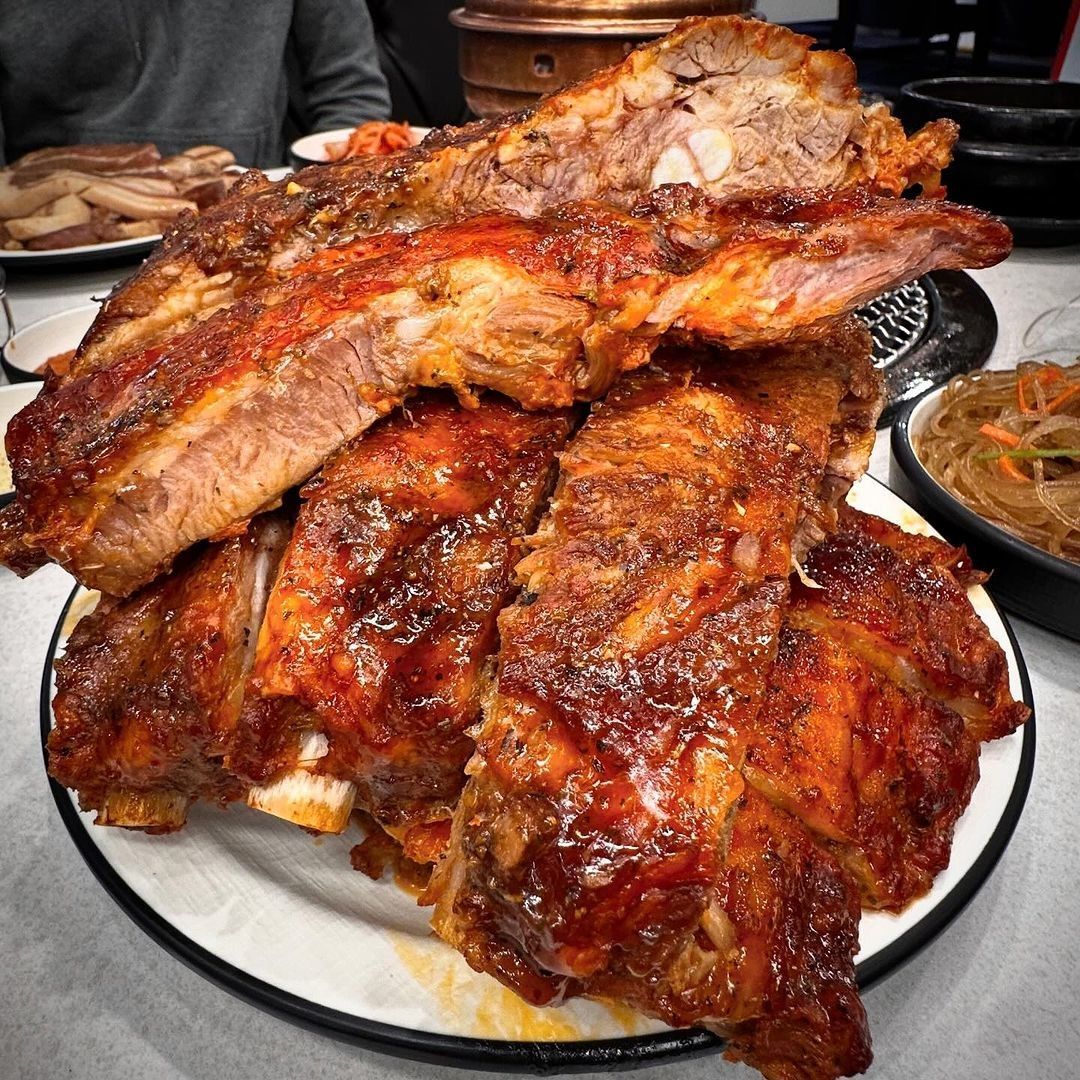Living in South Korea: An Expat's Guide to Navigating Work, Culture, and Daily Life
South Korea has become an increasingly popular destination for expatriates seeking new opportunities and experiences in East Asia. With its dynamic economy, rich cultural heritage, and modern amenities, the country offers a unique blend of tradition and innovation. However, life as an expat in South Korea comes with its own set of challenges and rewards. This comprehensive guide explores various aspects of the expatriate experience in South Korea, from navigating the workplace to enjoying leisure time and travel.

Work Culture and Professional Life in Korea
The South Korean work environment is known for its intensity and dedication, often differing significantly from Western norms. Understanding and adapting to these differences is crucial for expats to thrive professionally.
Office Culture and Expectations in South Korea
South Korean office culture is heavily influenced by Confucian principles, emphasizing hierarchy, respect for authority, and group harmony. This manifests in several ways:
- Hierarchical Structure: Age and position are highly respected. Employees are expected to show deference to superiors and use appropriate honorifics when addressing colleagues.
- Long Working Hours: The standard workweek is officially 52 hours, but many employees work longer hours to show dedication. This can be challenging for expats used to stricter work-life boundaries.
- Group Dynamics: Team cohesion is valued over individual achievement. After-work social gatherings (hoesik) are common and often considered mandatory, serving as team-building exercises.
- Communication Style: Indirect communication is preferred to maintain harmony. Expats may find it challenging to interpret subtle cues or provide direct feedback.
Adapting to the Korean Workplace
To succeed in a Korean workplace, expats should consider the following strategies:
- Learn basic Korean: Even rudimentary language skills can significantly improve workplace relationships and show respect for the local culture.
- Embrace group activities: Participate in team lunches and after-work gatherings to build relationships with colleagues.
- Respect hierarchy: Use appropriate titles and show deference to superiors, even if it feels unfamiliar.
- Be patient with decision-making processes: Consensus-building is important in Korean business culture, which can lead to slower decision-making compared to Western standards.
- Dress conservatively: Workplace attire tends to be more formal and conservative than in many Western countries.
While adapting to these norms can be challenging, many expats find that the experience broadens their cultural understanding and professional skills.
Daily Living in South Korea
Housing Options
Finding suitable accommodation is often one of the first challenges expats face. Common housing options include:
- Apartments (Apateu): High-rise apartment complexes are the most common form of housing in urban areas.
- Officetel: A hybrid of an office and hotel, these studio-style apartments are popular among single expats.
- Villas: Low-rise apartment buildings, often more affordable than high-rise complexes.
- Houses: Less common, especially in cities, but available in some areas.
Most expats rent rather than buy property. The Korean rental system includes two main options:
- Wolse: Monthly rent with a small deposit.
- Jeonse: A large lump-sum deposit (typically 50-80% of the property's value) with no monthly rent.
Expats should be prepared for smaller living spaces compared to Western standards, especially in major cities like Seoul.
Transportation in South Korea
South Korea boasts an efficient and extensive public transportation system, particularly in urban areas:
- Subway: Major cities have comprehensive subway networks that are clean, punctual, and affordable.
- Buses: Extensive bus networks complement the subway system.
- Taxis: Readily available and relatively affordable, with most drivers using GPS for navigation.
- KTX (Korea Train Express): High-speed rail network connecting major cities.
Many expats find that owning a car is unnecessary due to the excellent public transportation options.
Cost of Living in South Korea
The cost of living in South Korea can vary significantly depending on location and lifestyle. Seoul, in particular, is known for its high living costs. Key expenses to consider include:
- Housing: The largest expense, especially in Seoul.
- Food: Groceries can be expensive, particularly imported items. However, eating out can be relatively affordable.
- Transportation: Public transportation is reasonably priced.
- Healthcare: The national health insurance system provides affordable coverage for most expats.
While some aspects of life in South Korea can be costly, many expats find that their overall expenses are manageable, especially when compared to other major global cities.
Grocery Shopping and Dining in South Korea
Grocery shopping in South Korea offers a mix of familiar and unique experiences:
- Large supermarkets (e.g., E-mart, Homeplus) offer a wide range of products, including some Western items.
- Local markets provide fresh produce, meat, and seafood at competitive prices.
- Convenience stores are ubiquitous and stock many daily necessities.
Expats often find that adapting their diet to include more local products can help reduce grocery costs. Additionally, the prevalence of food delivery services and affordable restaurants makes dining out a convenient option.
Cultural Integration and Social Life in Korea
Language and Communication in South Korea
While English is widely taught in schools, many Koreans are not comfortable speaking it in daily life. Learning Korean, even at a basic level, can significantly enhance an expat's experience:
- It shows respect for the local culture and can help build relationships.
- It makes daily tasks like shopping and using public transportation easier.
- It opens up opportunities to engage more deeply with Korean society and culture.
Many expats take advantage of language exchange programs or enroll in Korean language courses to improve their skills.
Social Norms and Etiquette in South Korea
Understanding and respecting Korean social norms is crucial for successful integration:
- Bowing: A common greeting, with the depth of the bow indicating the level of respect.
- Age hierarchy: Age is important in social interactions, affecting language use and behavior.
- Gift-giving: Common in social and business settings, with specific etiquette around presenting and receiving gifts.
- Shoes off indoors: Remove shoes when entering homes and some traditional restaurants.
- Public behavior: Maintaining a calm demeanor and avoiding loud conversations in public spaces is appreciated.
While Koreans are generally understanding of cultural differences, making an effort to observe these customs can greatly enhance social interactions.
Building Social Networks in South Korea
Expats in South Korea have various avenues for building social connections:
- Expat communities: Organizations like InterNations or local Facebook groups can help connect with other foreigners. Be sure to check out our thriving Every Expat in Korea Facebook Group!
- Language exchange meetups: Opportunities to practice Korean while helping locals improve their English.
- Hobby groups and sports clubs: Joining local groups based on interests can facilitate connections with both expats and Koreans.
- Workplace social events: Participating in after-work gatherings can strengthen professional relationships.
Many expats find that a mix of expat and local friendships provides a balanced social life and deeper cultural understanding.
Travel and Exploration in South Korea
South Korea offers diverse travel experiences, from bustling cities to serene countryside:
Urban Exploration
- Seoul: The capital offers a mix of modern attractions and historical sites. Must-visit areas include Gyeongbokgung Palace, Bukchon Hanok Village, and the trendy neighborhoods of Hongdae and Gangnam.
- Busan: Known for its beaches, seafood, and the colorful Gamcheon Culture Village.
- Incheon: Home to South Korea's main international airport and interesting historical sites.

Natural and Cultural Attractions in South Korea
- Jeju Island: A popular vacation destination known for its unique volcanic landscapes and beaches.
- Seoraksan National Park: Offers stunning mountain scenery and hiking opportunities.
- Gyeongju: Often called "the museum without walls" due to its abundance of historical sites.
Expats often find that exploring beyond their city of residence deepens their appreciation for Korean culture and history.
Challenges and Rewards of Expat Life in South Korea
Common Challenges
- Language barrier: Despite efforts to learn Korean, communication can remain a significant challenge, particularly in professional settings or when dealing with bureaucracy.
- Cultural differences: Adapting to Korean social norms and workplace culture can be stressful, especially for those from Western countries.
- Homesickness: The significant cultural differences and physical distance from home can lead to feelings of isolation.
- Work-life balance: The intense work culture can be challenging for expats used to more relaxed environments.
- Air quality: Pollution, particularly fine dust, can be a concern, especially in urban areas.
Overcoming Obstacles
Expats have developed various strategies to address these challenges:
- Embracing local culture while maintaining connections to home.
- Actively participating in expat communities for support and shared experiences.
- Focusing on personal growth and viewing challenges as learning opportunities.
- Prioritizing self-care and setting boundaries, especially in the workplace.
Rewards and Unique Experiences
Despite the challenges, many expats find life in South Korea deeply rewarding:
- Career opportunities: Experience working in a dynamic Asian economy can be valuable for career development.
- Personal growth: Navigating a different culture fosters adaptability and broadens perspectives.
- Culinary adventures: Exploring Korean cuisine, from street food to fine dining, is a highlight for many.
- Technological immersion: Experiencing cutting-edge technology in daily life.
- Travel opportunities: Easy access to explore other parts of Asia.
- Cultural festivals: Participating in unique events like the Boryeong Mud Festival or Lantern Festival.
- Safety and convenience: South Korea is known for its low crime rates and efficient public services.
Life as an expat in South Korea offers a unique blend of challenges and rewards. While adapting to the work culture, navigating daily life, and overcoming language barriers can be daunting, the experience also provides unparalleled opportunities for personal and professional growth. The country's rich cultural heritage, modern amenities, and diverse landscapes offer a constantly engaging environment for those willing to embrace the experience.



